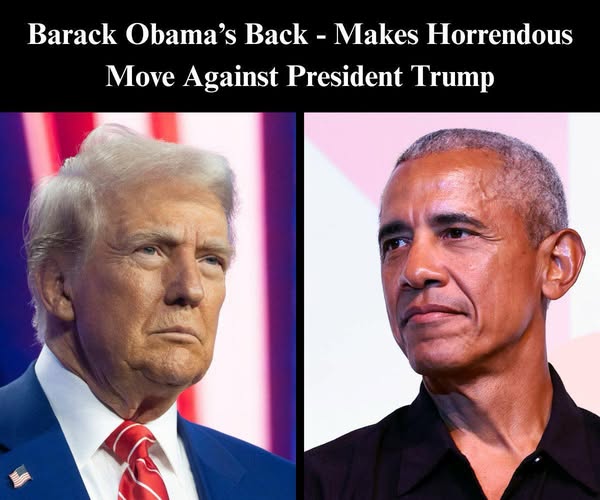Former President Barack Obama recently reignited a national conversation after calling for greater government oversight of online speech. His remarks, made during a June 17, 2025 interview at The Connecticut Forum, have stirred a mix of reactions—especially among older Americans who view such proposals as a potential threat to free expression.
Obama expressed concern about the growing difficulty of distinguishing truth from fiction in today’s digital landscape. He used a metaphor to illustrate his point, saying that while it’s acceptable to disagree over the design of a table, it becomes problematic when people begin insisting the table is a lawnmower. In his view, this kind of distorted discourse is becoming more common, and he suggested that government regulation may be necessary to prevent misinformation from overwhelming public dialogue.
He specifically warned against what he called a deliberate “flooding of the zone with untruth,” a tactic he attributed to figures like Steve Bannon and foreign leaders. According to Obama, this strategy doesn’t aim to convince people of a specific lie—it seeks to erode the very idea of objective truth, making people disengage altogether.
To many, Obama’s concern reflects a legitimate issue: how do we protect civil discourse in an age where misinformation spreads faster than facts? However, for others—particularly those who lived through eras of government overreach, like McCarthyism or the Civil Rights Movement—his proposal raised red flags. They worry about who gets to define what’s true and fear the erosion of one of democracy’s most fundamental values: free speech.
Obama stopped short of calling for outright censorship but did endorse the idea of regulatory limits on how tech platforms operate. He argued that companies should not be permitted to profit from promoting the most divisive or harmful content. He emphasized that his proposals would align with the First Amendment, but critics argue that even well-intentioned oversight can become a slippery slope when managed by political power.
He also appeared to reference former President Donald Trump, criticizing political figures who claim electoral fairness only when outcomes favor them. He warned of growing public apathy and distrust, suggesting that if society stops believing in facts altogether, democracy itself is at risk.
One of Obama’s most debated comments was his distinction between a “diversity of opinion” and a “diversity of facts.” His point: while healthy democracies welcome disagreement, they require a shared understanding of reality as a foundation for debate. Opponents, however, argue that giving government the power to police speech—even under the guise of protecting truth—invites future abuse.
This discussion comes at a time when lawmakers from both major parties are exploring ways to curb online harms, including hate speech, foreign propaganda, and algorithmic manipulation. Still, many Americans believe the solution lies in education, critical thinking, and personal responsibility—not in more regulation.
Older generations, in particular, view this moment as a test. They remember the consequences of letting governments define acceptable speech, and they’re cautious of any steps that might erode hard-won freedoms. For them, the internet, with all its flaws, is still a space for open expression—and that openness is worth defending.
Obama’s remarks have sparked important questions about the balance between safety and liberty in a digital age. Whether or not his vision becomes reality, the conversation he’s ignited will likely shape the next chapter of America’s ongoing debate over free speech, truth, and trust in a changing world.
